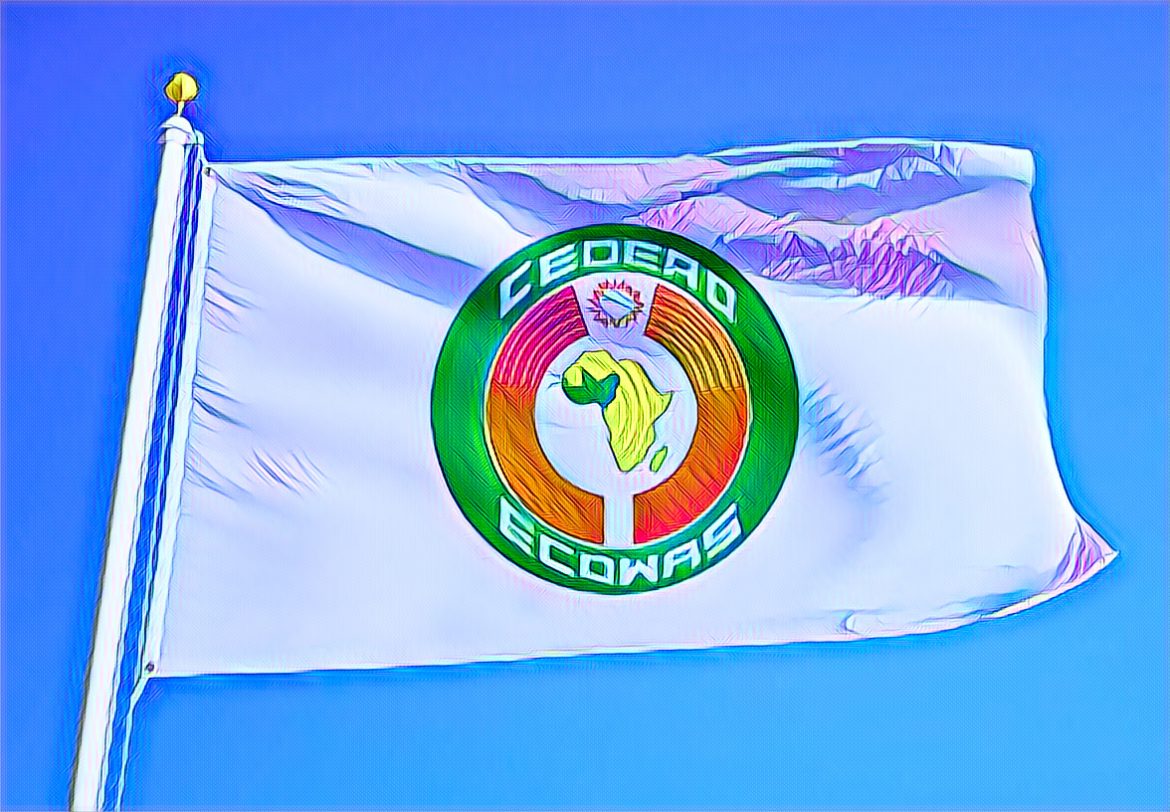KEY POINTS
- ECOWAS launches a $75 Million Renewable Energy Fund to drive clean energy adoption through grants, loans, and guarantees.
- Nigeria-Morocco gas pipeline to transport 30 billion cubic feet annually, connecting West Africa to Europe
- ECOWAS prioritizes human capital, urges stronger private sector role amid declining community levy contributions.
Economic Community of West African States (ECOWAS) is advancing plans to establish a $75 million Renewable Energy and Energy Efficiency Facility to accelerate clean energy adoption across the region.
ECOWAS Commission President Omar Alieu Touray revealed this during the 93rd Ordinary Session of the ECOWAS Council of Ministers in Abuja, underscoring the region’s broader integration agenda, including the ambitious 6,800-kilometer Nigeria-Morocco gas pipeline project and other collaborative initiatives.
ECOWAS unveils $75 million clean energy facility
Touray announced that the Framework Document for the Renewable Energy and Energy Efficiency Facility has been finalized, with the program set to offer grants, loans, and guarantees through competitive calls for proposals. “This is a blended finance facility with an initial amount of $75 million aimed at providing clean energy solutions for the ECOWAS region,” he said, signaling a significant step toward sustainable development.
Nigeria-Morocco pipeline: A continental game-changer
The Nigeria-Morocco gas pipeline project is poised to redefine energy access in West Africa and beyond. The pipeline, spanning 6,800 kilometers with 5,100 kilometers offshore, is designed to transport 30 billion cubic feet of natural gas annually.
Touray emphasized its transformative potential, noting, “This regional integrative project will link Nigeria to Morocco, feeding ECOWAS member states and Mauritania, with a future extension to Europe.”
Human capital and resource mobilization
According to Leadership, Touray highlighted ECOWAS’ commitment to measuring the impact of regional investments through Human Capital Development Indexes, focusing on health, education, financial inclusion, and the digital economy. However, he lamented a persistent decline in community levy contributions, with only 40 percent of the approved funds received as of October 2024.
“For six consecutive years, community levy remittances have been declining, hindering the implementation of our work programs,” he said. Touray urged member states to prioritize resource mobilization and remove non-tariff barriers, calling for a stronger role for the private sector. “Our local private sector actors must be given the right of first refusal in any investment opportunity to mobilize and retain regional capital,” he added.
Security and political stability
While driving economic integration, ECOWAS continues to grapple with security challenges. “Terrorism, violent extremism, and organized crime remain significant obstacles,” Touray said, citing concerns over drug trafficking and abuse. He also expressed dismay over the recent withdrawal of Mali, Burkina Faso, and Niger from ECOWAS.
“We will engage with these authorities to reconsider their decision. Together, ECOWAS member states have made progress, and our unity remains our strength,” Touray affirmed, reiterating the organization’s commitment to regional stability and collective growth.



